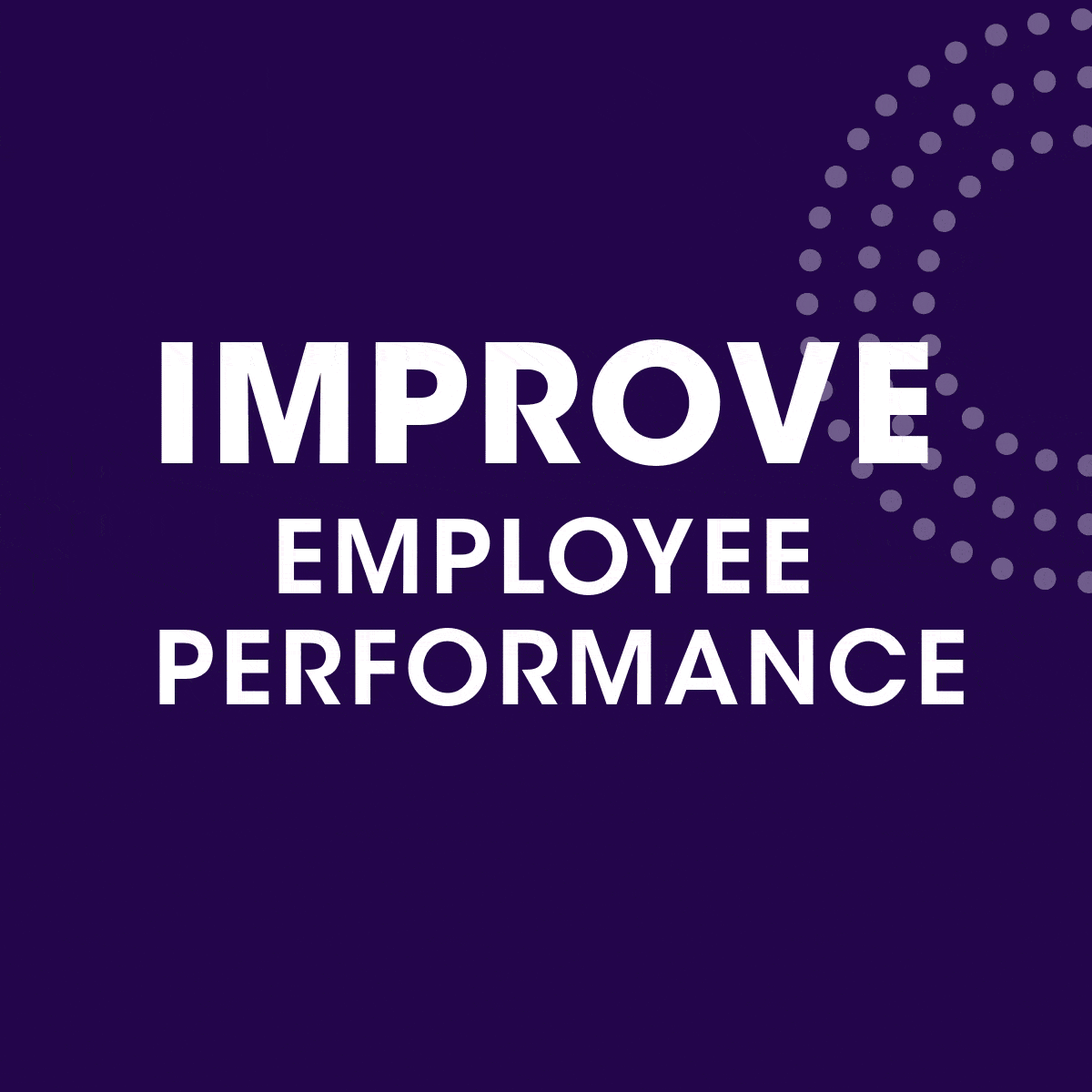Side jobs put Employers at Risk and Can Lead to Increased Activity for Vehicles and Worker’s Comp Claims

RCS Influencer Brian Pratt says that contractors need to think about risk involved when company equipment is used on a side job.
From a risk management perspective, I can think of a couple things that would concern me as an owner of a roofing company.
Do my employees have access to a company truck during off hours? Many of our roofing clients allow certain employees to drive company trucks home. If an employee is using the company truck for weekend or after-hours side jobs this could impose certain risks inherent in the roofing industry. We are seeing premium elevations in automobile insurance as a result of increased claim activity due to elevated attorney involvement in claims, distracted driving, increased driving from increased productivity and the personal use of company vehicles.
An essential piece of risk management is the monitoring of company vehicles during afterhours. Many of our roofing clients have installed GPS tracking systems alerting the roofing company of any potential after-hour usage. If employees are using company trucks for side jobs this certainly elevates exposure to a roofing contractor and potentially could lead to another type of claim which brings me to my second point.
If an employee does do side jobs the chance of injury is greater which could adversely impact the workers compensation for a roofing contractor. I would ask: Does your agent provide a trends and claim analysis to determine the day, month and type of injury occurring. We help monitor, track and analyze claim trends. One thing to look for is Monday morning claims. We would suggest reviewing crews to evaluate claim trends for Monday morning injuries.
I would also suggest having each employee sign a no accident verification statement at the end of every work week. Many of our roofing contractor clients utilize this form to reduce the exposure of lag time reporting of claims and to utilize as a tool to help contain exposure if a claimant comes back to file a work comp injury after they have involuntarily left employment (typically for performance reasons).
A few other items to consider:
- Loss of revenue from stolen material
- Who is pulling permits (if any)
- Written and formal fleet management program monitoring and restricting the use of company vehicles to help reduce exposure to roofing professionals
If you would like more information about our fleet safety program or would like a sample “No Accident Verification Statement” form please email Brian Pratt at: brian@roofingriskadvisors.com or call 407-493-2121.
Brian Pratt is a regional manager for Roofing Risk Advisors, Division of Furman Insurance. See his full bio here.








-2.png)









Comments
Leave a Reply
Have an account? Login to leave a comment!
Sign In